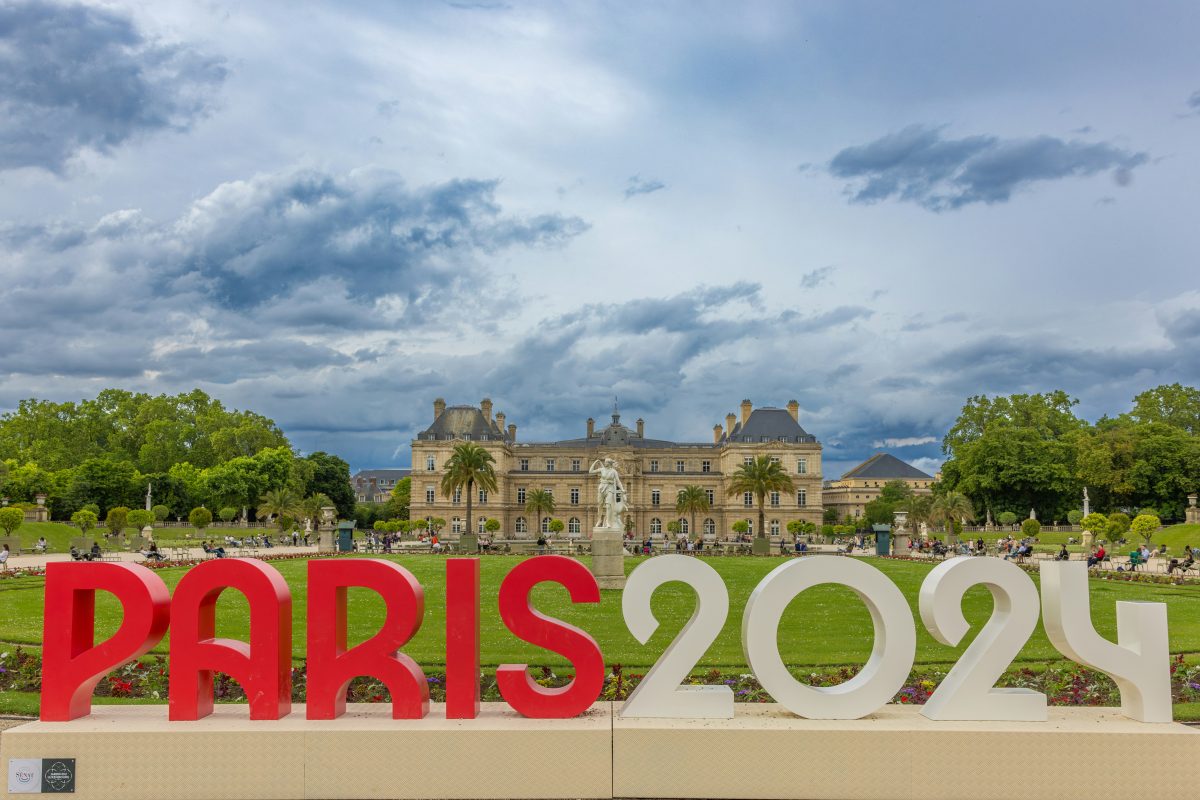
The spectacular backdrop of Paris for the 2024 Olympics. Photo: Solen Feyissa.
If the television coverage of the Paris Olympics is anything to go by, how we feel about ourselves as a nation is dictated by where we are situated on the medal table.
If we are beating countries with a far bigger population, according to some in the media, we are ‘punching above our weight’, with a mindset that a gold medal equals national pride.
I have no doubt that success at the Olympics equals national pride, but at what point does it become cringe-worthy?
Having been in this bubble many times before, and having had the same mindset as we are witnessing in the Australian media, I am well aware of how easy it is to get caught up in this jingoism.
I’ve been there doing exactly the same as what we are seeing now from Paris.
Add social media to the mix and anything below a medal is barely given a mention.
Social media, hyped by the focus on the medal count every hour, is a toxic environment for an athlete predicted to win a medal and finishing fourth.
Finishing outside the medals but recording a personal best is given little coverage. It’s rarely acknowledged that Australian competitors or teams have been beaten by a superior competitor or team on the day. The athletes seem to be able to acknowledge this reasonably well, but the media rarely does.
Observing the Games now as a consumer of sport, I wonder if we tend to lose perspective when it comes to the Olympics.
Does it really matter if we are beating other countries?
The Australian Olympic Committee has stopped providing predictions on medal tallies, partly due to the pressure it places on athletes. But this has been replaced by a hyped-up media insistent on focusing on medal counting and comparisons.
The most interesting stories for me have come from athletes from countries with minimal previous success at the Olympic Games.
Take the winner of the women’s 100 metres, Julien Alfred, who won St Lucia’s first-ever gold medal at an Olympic Games.
You can imagine the national pride that success brings with it. Julien, who grew up running with no shoes before winning a scholarship to Texas University, is hoping her win will lead to improved sporting facilities in St Lucia.
In my mind, it is in total contrast with an obsession with the medal table.
It is almost refreshing to hear commentators point out that an athlete, eliminated in the heats, can count the Olympics as a successful campaign due to a personal best performance.
This is not rewarding mediocrity, simply putting it in perspective. Many athletes head to the Olympics with varying definitions of success, making the team in the first instance and recording a personal best in the second, with only a small percentage going on to win a medal.
Don’t get me wrong: winning a medal, regardless of the colour, is a wonderful thing for the individual, team and the country that is represented.
But there is more to the Games than medals. There are the amazing mental and physical feats on display with every Olympic performance that is the culmination of hours of concentrated toil and effort by each and every athlete.
Original Article published by Tim Gavel on Riotact.
















